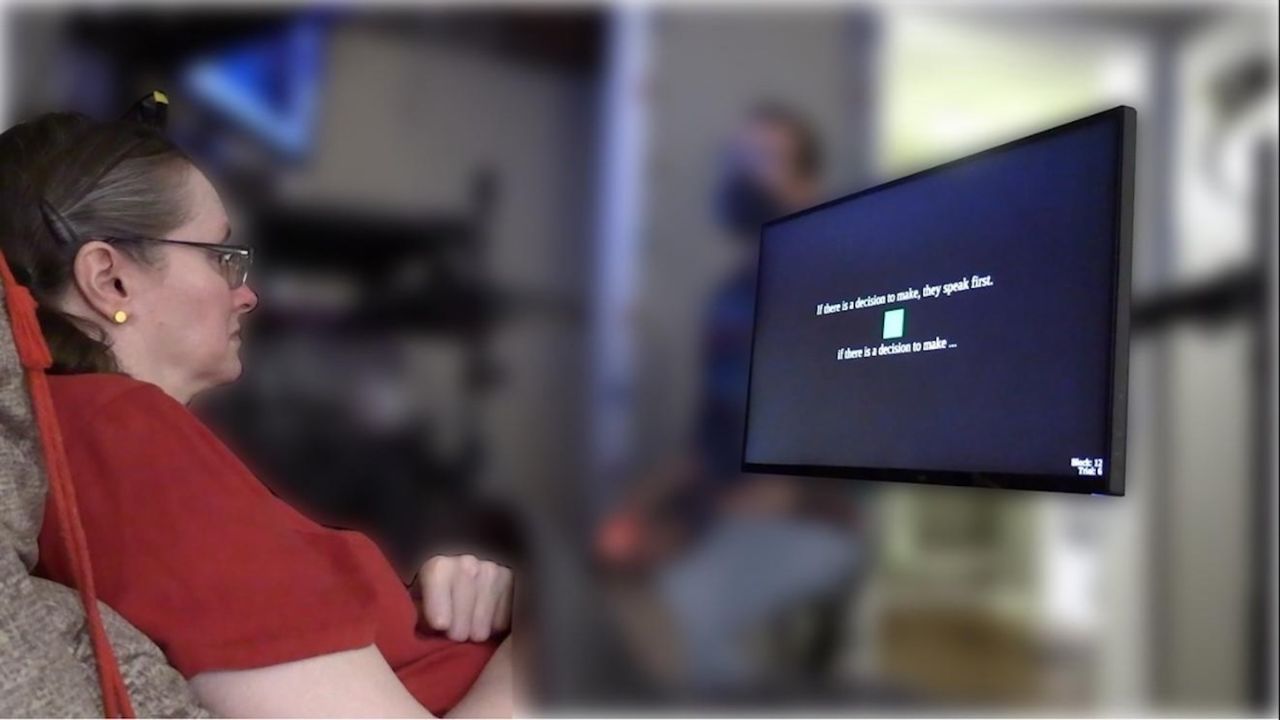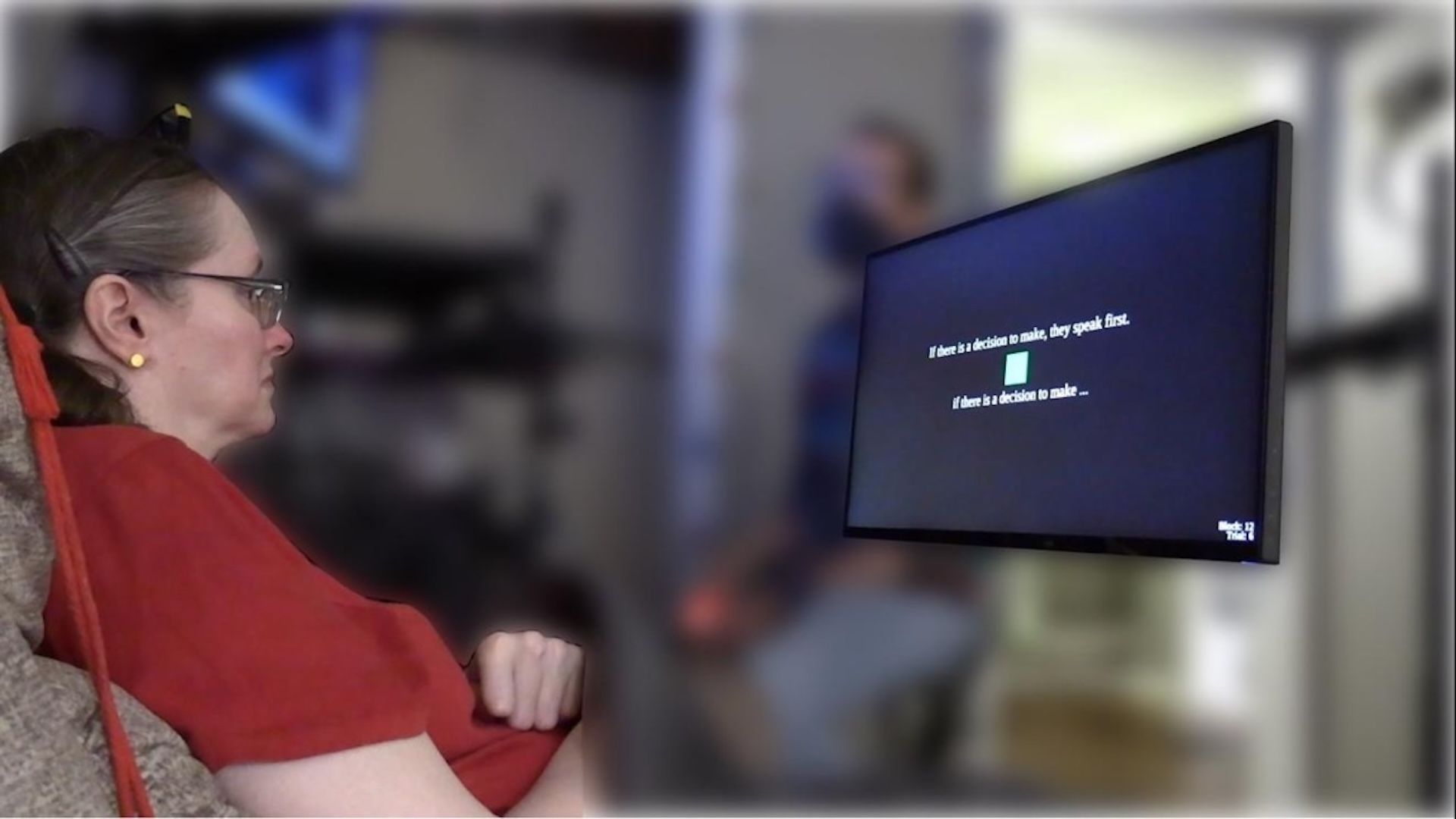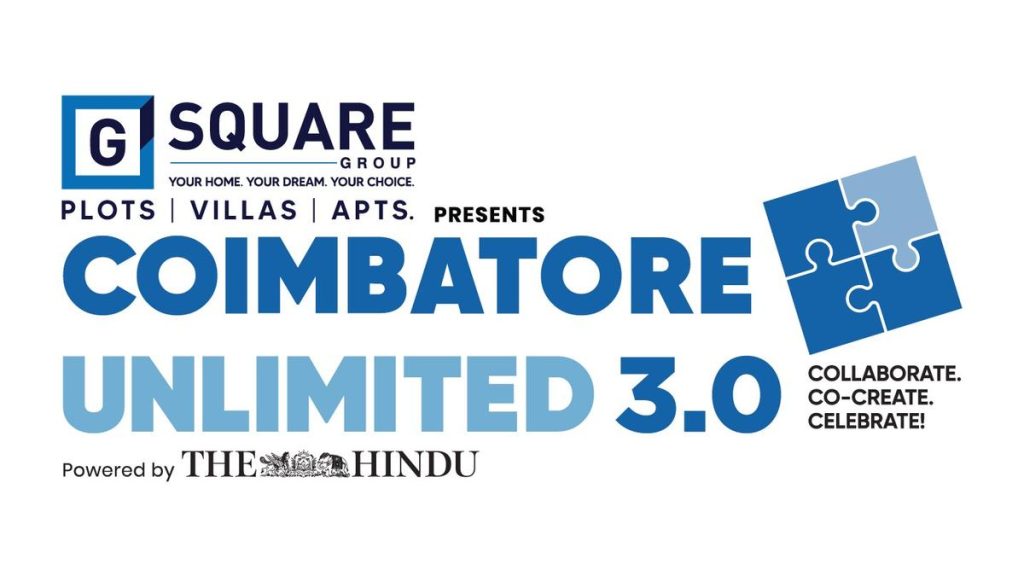Now Reading: Brain Implant Deciphers Human Inner Monologue
-
01
Brain Implant Deciphers Human Inner Monologue
Brain Implant Deciphers Human Inner Monologue

### Speedy Summary
– Scientists have developed a brain-computer interface (BCI) capable of decoding a person’s inner monologue.
– The BCI does not require physical speech attempts; users think what they want to communicate.
– Research involved four participants paralyzed by stroke or ALS, wiht electrodes implanted in their brains.
– Artificial intelligence models decoded inner speech with up to 74% accuracy by analyzing patterns from brain motor cortex activity.- Inner speech generated weaker brain activity compared to attempted speech but maintained similar patterns.- Ethical concerns center around unintentionally decoding private thoughts; safeguards like password-protection were implemented. Decoding starts only after participants think the passphrase “chitty chitty bang bang.”
– Future expectations include more natural and fluent communication capabilities via advanced BCIs.

*Image credit: Emory BrainGate Team*
—
### Indian Opinion Analysis
The progress of BCIs that decode inner monologues marks an encouraging step in assistive technology, offering transformative possibilities for individuals with severe paralysis or communication impairments. With applications ranging from aiding people suffering from ALS and strokes to enhancing accessibility options for differently abled individuals, the potential humanitarian impact is vast.However, ethical dilemmas surrounding privacy loom large as these systems evolve.The ability to differentiate between voluntary inner speech and unintended private thoughts is crucial for user autonomy and security. Researchers’ implementation of safeguards like password protection shows commitment toward addressing these concerns but warrants continuous scientific scrutiny.
India’s strong presence in software development and AI research puts it in an excellent position to contribute ethically sound innovations in this domain while advancing its goals within healthcare technology. The implications could also extend further-as a notable example, fostering collaboration between government programs such as Digital India and medical institutions, potentially democratizing access to cutting-edge devices within underserved communities.
—
[Read More](https://www.livescience.com/health/neuroscience/new-brain-implant-can-decode-a-persons-inner-monologue)

























